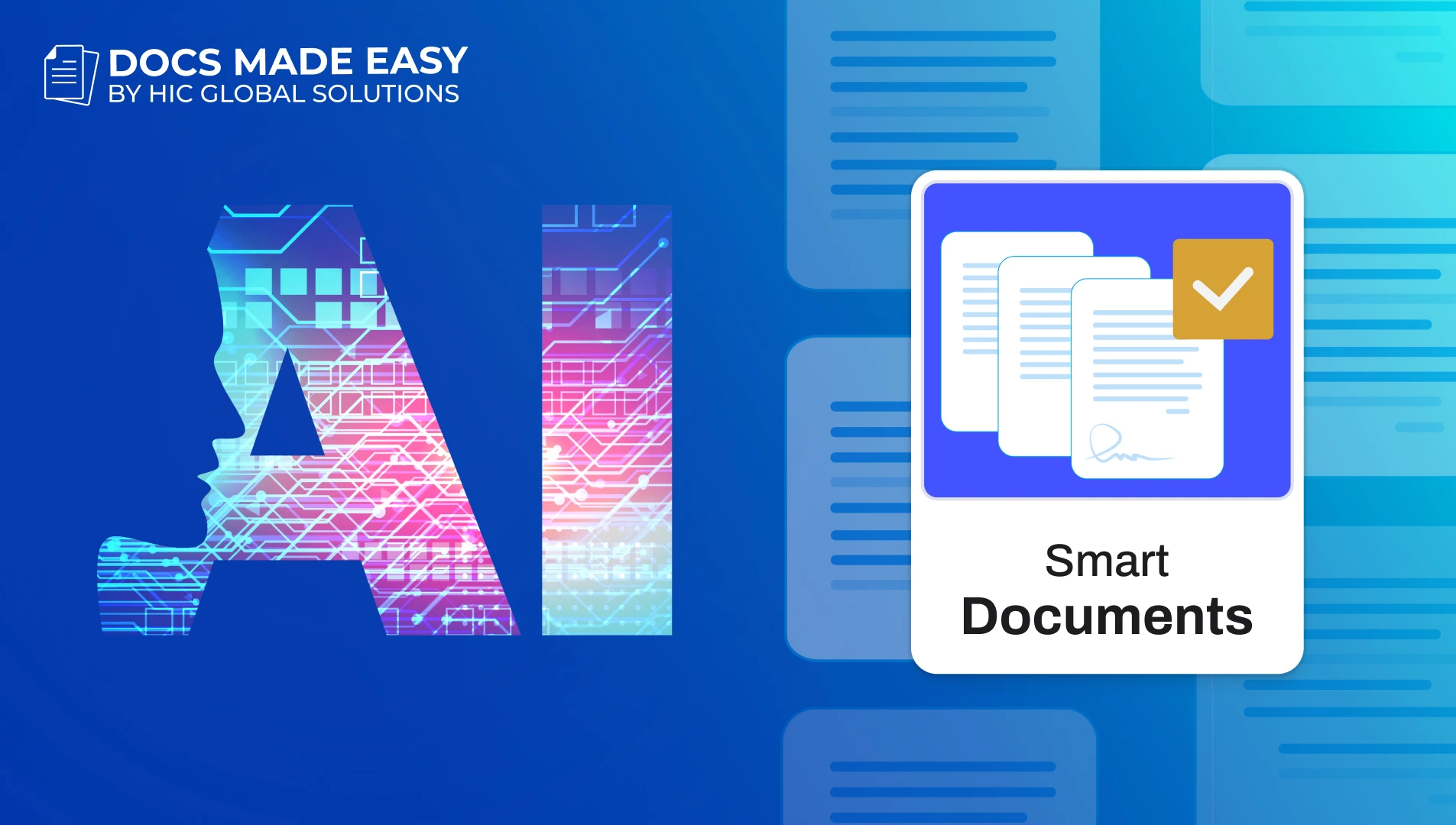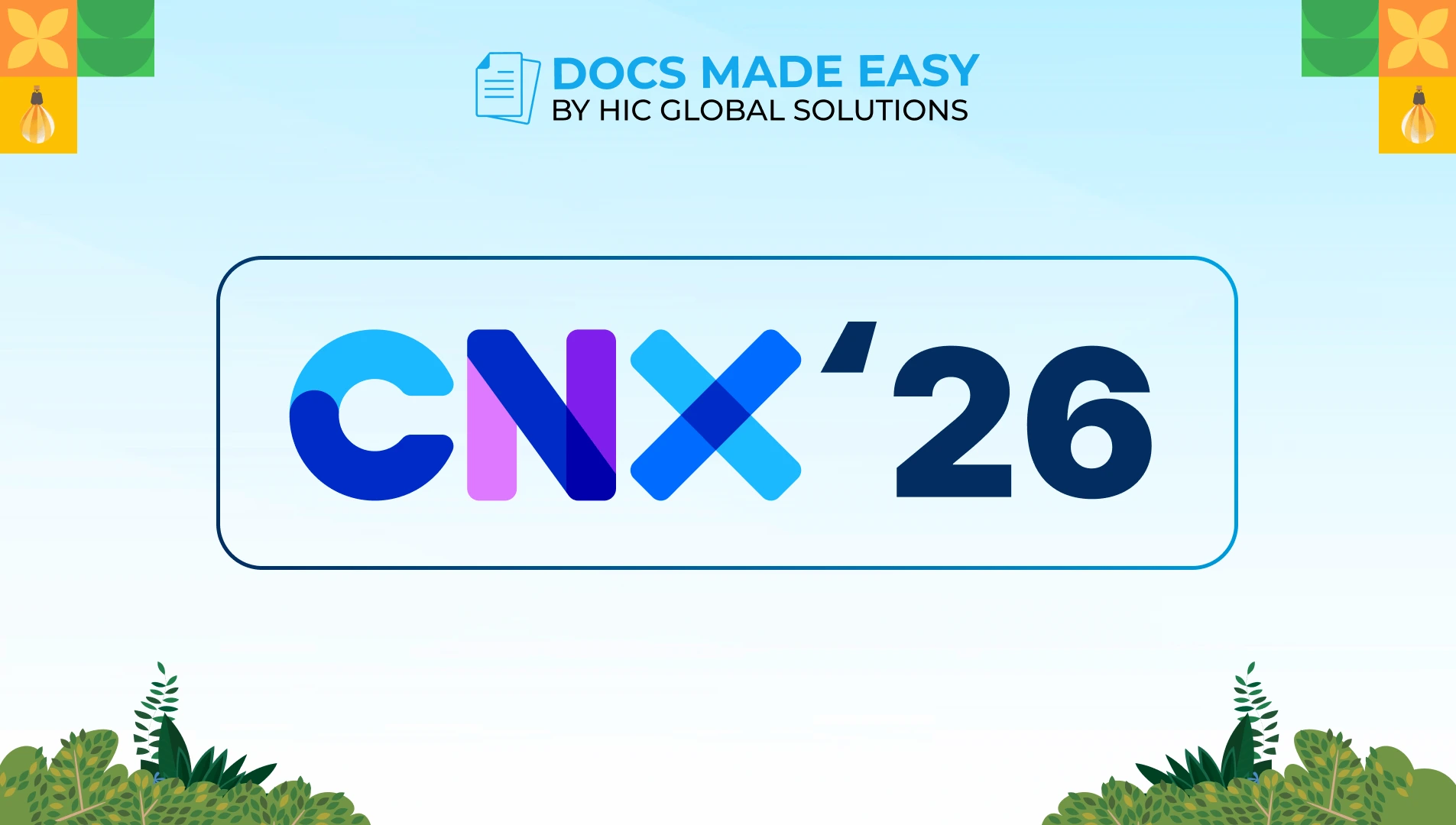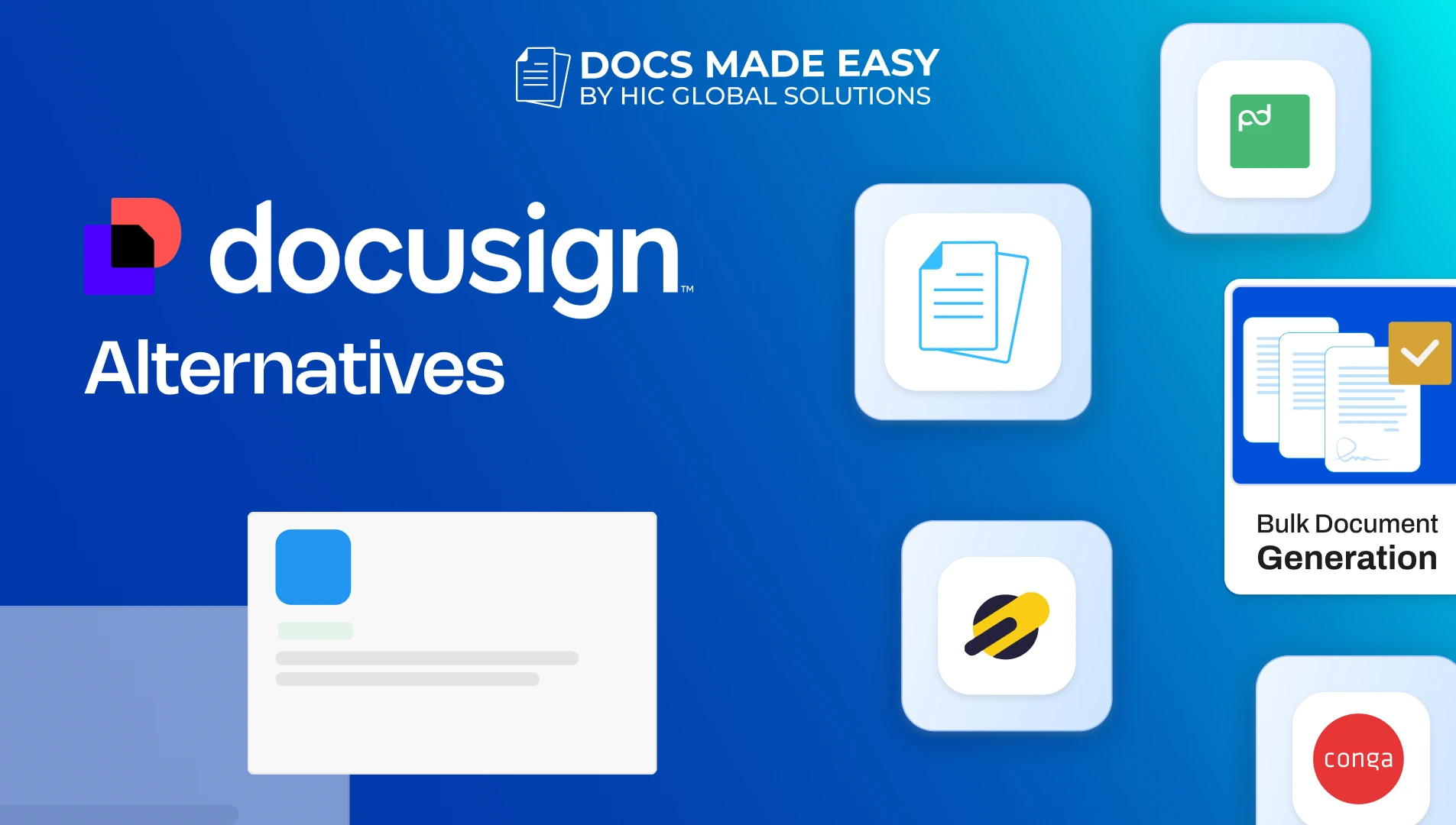Let’s be honest: contracts may not be the most exciting part of running a business, but choosing the best document management software for contract management can completely change the way you handle them. Without the right system, contracts are long, messy, full of legal jargon, and far too easy to lose track of when you’re juggling dozens of other priorities. Yet the truth is, contracts run everything. From vendor agreements to employee onboarding to customer deals, your business depends on them. And if you can’t keep track of your contracts, you’re leaving money- and peace of mind-on the table.
That’s where modern document management software steps in. It doesn’t just give you a neat digital folder to store files. It helps you truly manage contracts- track every version, send reminders before renewals, keep everything secure, and make sure no deadline ever slips through the cracks. Pair this with smart contract management practices, and suddenly what used to feel like chaos becomes smooth, predictable, and stress-free.
So, how do you pick the right software? Let’s break it down in a way that’s practical, easy to follow, and actually useful for your business.
Why Document Management Software Is Essential for Contracts
Let’s start with the basics. Imagine a small company with just a handful of contracts to manage—say, supplier agreements, a couple of client service contracts, and standard employee onboarding paperwork. At first, a simple system might work. Store the documents in a shared drive, maybe create a spreadsheet to track renewal dates, and rely on email threads to communicate changes. It feels manageable.
Now scale that up. Imagine fifty contracts. A hundred. A thousand. Suddenly, things get complicated. The spreadsheet becomes a nightmare to update. Different departments start saving files in different places. Someone accidentally works from an outdated version. A renewal deadline passes unnoticed because the reminder got buried in an inbox. Each small misstep creates risk- financial, legal, and operational.
Document management software designed for contracts fixes this. It provides one single source of truth, where contracts live in an organized, searchable, and secure system. Every version is tracked, every update is logged, and deadlines no longer slip by unnoticed. The transformation is enormous: instead of reacting to problems, you proactively manage your entire contract lifecycle. For businesses that care about efficiency, compliance, and cost savings, that shift is game-changing.
The Tangible Benefits of Modern Contract Management
The first thing companies notice when adopting the right software is organization. No more asking, “Where did we save that?” You search by party name, date, or even a specific clause, and the document appears instantly. That’s not just convenient- it’s a foundation for bigger benefits.
Workflows move faster. Drafting, reviewing, approving, and signing contracts all speed up when you’re not stuck emailing attachments back and forth. Automation handles reminders and routes approvals, which means deals close sooner and opportunities aren’t lost in bureaucratic delays.
Security improves dramatically. Contracts often contain sensitive financial data, personal information, and proprietary terms. Keeping them in unprotected folders or emailing them without safeguards is risky. With a proper platform, encryption and role-based permissions ensure only the right people can see or edit documents.
Compliance becomes far easier. Whether you operate under GDPR, HIPAA, SOX, or industry-specific regulations, a strong document management system provides audit trails and logs that demonstrate accountability. Instead of scrambling when an auditor asks who approved a contract, you have the evidence ready.
And perhaps most importantly, you gain visibility. Dashboards and reports tell you how many contracts are active, which ones are due for renewal, and which are at risk. Contracts stop being static files hidden away in storage—they become dynamic assets that guide decision-making.
What Separates Good Software from the Best
If every solution on the market claims to offer storage, search, and security, how do you know which one is truly best for your needs? The answer lies in focusing less on flashy features and more on fit.
The best document management software for contract management is not necessarily the one with the longest feature list or the fanciest AI integrations. It’s the one that solves your actual pain points without overcomplicating your workflows. For some businesses, that might mean emphasizing automation to prevent missed deadlines. For others, it might be advanced search functionality to quickly locate specific clauses across thousands of documents.
Ease of use is critical. If your team finds the interface confusing, adoption will fail. You want intuitive dashboards, simple navigation, and mobile access that allows your staff to handle contracts on the go.
Integration is equally important. Contracts touch almost every system in your business—from CRM platforms like Salesforce, to ERP systems, to HR software, and e-signature tools like DocuSign. The best solution doesn’t operate in isolation; it connects seamlessly to the platforms you already rely on.
And never, ever compromise on security. Contracts are too sensitive to risk breaches. At minimum, look for end-to-end encryption, role-based access, audit trails, and certifications like ISO 27001 or SOC 2. These aren’t “nice-to-haves”—they’re essentials.
Avoiding Common Mistakes in Choosing Software
Many businesses stumble in the selection process. One common pitfall is buying based on features rather than needs. Just because a demo shows off AI-driven analytics doesn’t mean that’s what your company needs today. Focus on practical, everyday problems you want solved.
Another trap is underestimating hidden costs. Licensing fees may look attractive, but setup charges, integrations, training, and ongoing support can add up quickly. Always ask vendors for a clear picture of total cost of ownership.
Security checks are often skipped or glossed over. Don’t make that mistake. A security breach involving contracts isn’t just embarrassing- it could be catastrophic, leading to financial loss and regulatory penalties.
Finally, many organizations forget about adoption. If your team won’t use the system because it feels cumbersome, the investment is wasted. Involve end-users early in the decision process to ensure the software is something they’ll actually embrace.
A Practical Roadmap to Choosing the Right Tool
Selecting the right document management software doesn’t need to feel overwhelming if you approach it systematically. Start by auditing your current contract processes. Where do breakdowns occur? Is it in storing, tracking, approving, or renewing contracts? Understanding your pain points will clarify what’s most important.
From there, distinguish between must-have and nice-to-have features. Maybe automated reminders are non-negotiable, while advanced AI analytics can wait until later. Create a shortlist of vendors that align with these priorities.
Take advantage of demos and free trials, but don’t just watch sales presentations. Test the software with actual contracts. See how easily your team can upload, search, approve, and sign documents. Involve departments like legal, finance, and IT to ensure the platform works across your organization.
Evaluate pricing models carefully. Some vendors charge per user, others per contract, and others offer enterprise licenses. Compare these against your expected usage, and don’t forget to account for scaling as your contract volume grows.
Most importantly, test integrations with your existing tools. If contracts need to sync with your CRM or ERP, make sure the connection works smoothly. The best system should enhance, not disrupt, your workflows.
Real-World Questions Businesses Ask
When businesses begin exploring contract management tools, certain questions come up again and again. What’s the difference between generic document management software and contract-specific tools? The answer is simple: while both help with storage and organization, contract-focused platforms add specialized capabilities like clause libraries, renewal reminders, and automated workflows that directly address contract challenges.
Do small businesses really need this? Absolutely. Even if you only manage thirty contracts a year, missing one renewal or misplacing one signed agreement can cost you far more than the software subscription.
How much does good software cost? Prices vary widely, from as little as twenty dollars per user per month for basic platforms, to hundreds for enterprise-level solutions. The real question is ROI. How much time will it save, and how much risk will it reduce? Viewed through that lens, even pricier tools often justify themselves.
Is e-signature integration really that important? Yes. It speeds up the signing process, eliminates the hassle of printing and scanning, and provides legally binding signatures in minutes. In today’s remote and fast-moving environment, it’s not optional- it’s essential.
Can AI help with contracts? Increasingly, yes. Some tools use AI to analyze clauses, flag risky terms, and even predict renewal likelihood. It’s like having a digital assistant scanning every document for red flags you might miss.
Looking Ahead: The Future of Contract Management
Contract management is moving beyond storage and reminders into a world of intelligence. AI and machine learning are already making platforms smarter, capable of analyzing contract language and identifying risks automatically. Predictive analytics can help businesses anticipate problems before they arise, like contracts that are likely to stall in negotiation or clauses that commonly create disputes.
Blockchain is also on the horizon, promising tamper-proof and fully traceable contracts. Imagine agreements that can’t be altered without detection, providing ultimate security and transparency.
Adopting modern software today sets you up for these future innovations. Instead of scrambling to catch up in a few years, you’ll already have the foundation in place.
Final Thoughts
Choosing the best document management software for contract management doesn’t have to feel like navigating a maze. At its core, the right solution should make contracts easier to manage, more secure, and less stressful. It should fit the way your business operates, not force you into workflows that don’t make sense.
The key is to approach the decision with clarity. Audit your current process. Understand your pain points. Involve your team. Ask tough questions about security, cost, and usability. And most importantly, try before you buy. Testing a platform with a handful of contracts is the safest way to see if it truly works for your organization before rolling it out company-wide.
Once you find the right fit, something amazing happens. Contracts stop being a source of frustration and risk. Instead, they become a powerful, well-organized asset that supports your business growth. And that’s not just a relief- it’s a competitive advantage.
Frequently Asked Questions
Related Blogs




